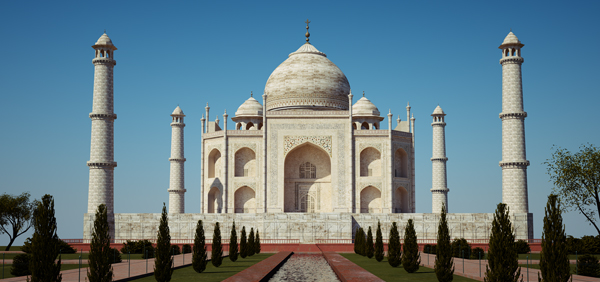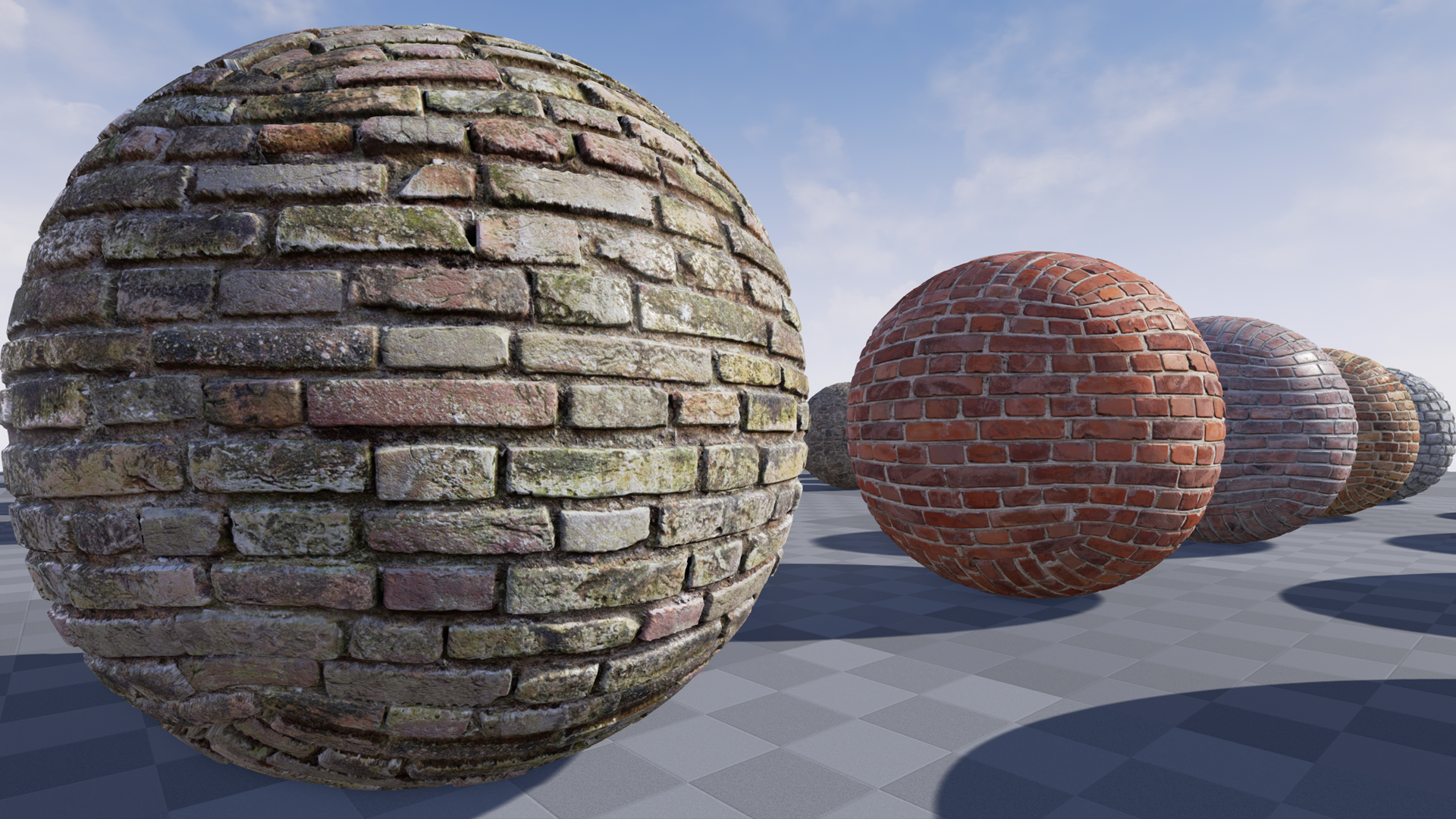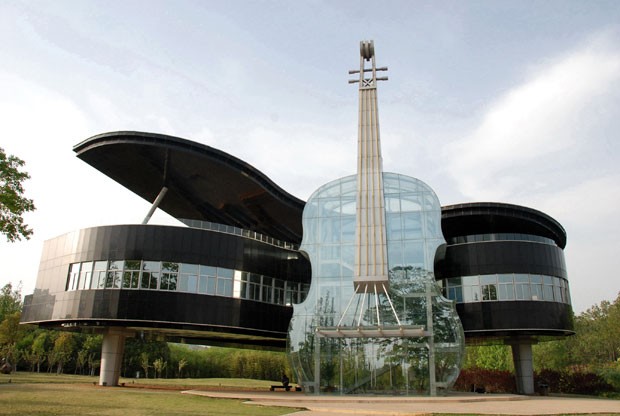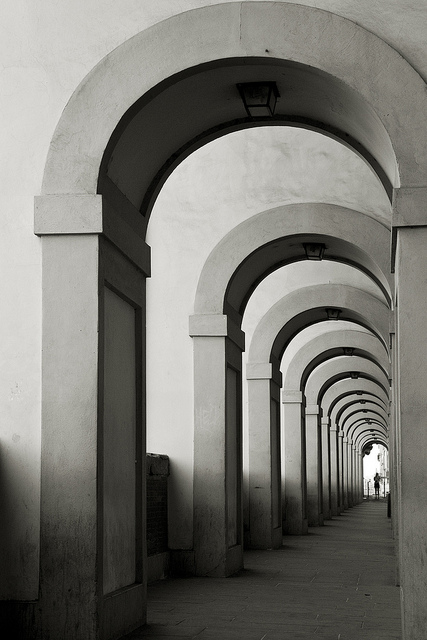 This architectural design terms describes the weight of objects, color, texture, and space.
This architectural design terms describes the weight of objects, color, texture, and space.
what is Balance?
 the path the viewers' eyes take through the design, usually leading to the focal point.
the path the viewers' eyes take through the design, usually leading to the focal point.
what is Movement?
 the feeling of harmony between all parts of the design, which create a sense of completeness.
the feeling of harmony between all parts of the design, which create a sense of completeness.
What is Unity?
 the area between and around objects; can also refer to the feeling of depth.
the area between and around objects; can also refer to the feeling of depth.
what is Space?
these colors (red, yellow, and blue) are the only true colors.
what is Primary Colors?
 A term used when the elements used on one side of the design are similar to those on the other side.
A term used when the elements used on one side of the design are similar to those on the other side.
what is Symmetrical balance?
 the repeating of an object or symbol throughout the design.
the repeating of an object or symbol throughout the design.
what is Pattern?
 Light reflected off of an object.
Light reflected off of an object.
What is Color?
 surface quality that can be seen and felt however they do not always feel the same way they look.
surface quality that can be seen and felt however they do not always feel the same way they look.
what is Texture?
these are two primary colors mixed together.
what is Secondary Colors?
 A term used when the sides of a design are different but still look balanced.
A term used when the sides of a design are different but still look balanced.
what is Asymmetrical balance?
 the feeling of unity created when all parts of the design relate well to each other.
the feeling of unity created when all parts of the design relate well to each other.
what is Proportion?
 three-dimensional shapes expressing length, width, and depth.
three-dimensional shapes expressing length, width, and depth.
What is Form?
The name of a color, such as red, green, or blue.
what is Hue?
these are made by mixing a primary color with a secondary color.
What is Intermediate Colors?
This term is used when the elements of a design are arranged around a central point and may be similar.
what is Radial Balance?
 In correlation with pattern to make the design seem more active, and helps create unity.
In correlation with pattern to make the design seem more active, and helps create unity.
what is Repetition?
 a mark with greater length than width, and can be horizontal, vertical, or diagonal; straight or curved; and thick or thin.
a mark with greater length than width, and can be horizontal, vertical, or diagonal; straight or curved; and thick or thin.
What is a Line?
How light or dark a color is.
what is Value?
these colors are located across the color wheel from each other; the contrast because they don't share any of the same colors.
What is Complementary colors?
 part of the design that catches viewer's attention, and is usually contrasting with other areas off the design.
part of the design that catches viewer's attention, and is usually contrasting with other areas off the design.
what is Emphasis?
 when one or more elements of a design are used repeatedly to create a feeling of organized movement.
when one or more elements of a design are used repeatedly to create a feeling of organized movement.
What is Rhythm?
 a closed line; they can be geometric or organic.
a closed line; they can be geometric or organic.
what are Shapes?
How bright or dull a color may be.
what is Intensity?